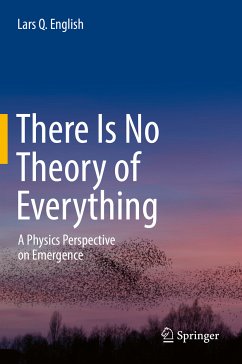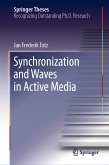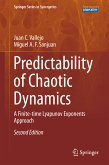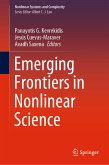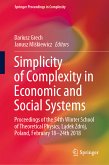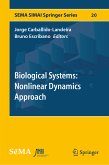The main purpose of this book is to introduce a broader audience to emergence by illustrating how discoveries in the physical sciences have informed the ways we think about it. In a nutshell, emergence asserts that non-reductive behavior arises at higher levels of organization and complexity. As physicist Philip Anderson put it, "more is different." Along the text's conversational tour through the terrain of quantum physics, phase transitions, nonlinear and statistical physics, networks and complexity, the author highlights the various philosophical nuances that arise in encounters with emergence. The final part of the book zooms out to reflect on some larger lessons that emergence affords us. One of those larger lessons is the realization that the great diversity of theories and models, and the great variety of independent explanatory frameworks, will always be with us in the sciences and beyond. There is no "Theory of Everything" just around the corner waiting to be
discovered.
One of the main benefits of this book is that it will make a number of exciting scientific concepts that are not normally covered at this level accessible to a broader audience. The overall presentation, including the use of examples, analogies, metaphors, and biographical interludes, is geared for the educated non-specialist.
Dieser Download kann aus rechtlichen Gründen nur mit Rechnungsadresse in A, B, BG, CY, CZ, D, DK, EW, E, FIN, F, GR, HR, H, IRL, I, LT, L, LR, M, NL, PL, P, R, S, SLO, SK ausgeliefert werden.

